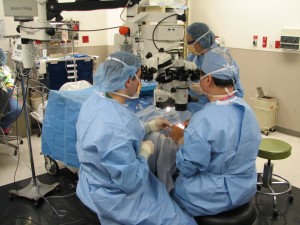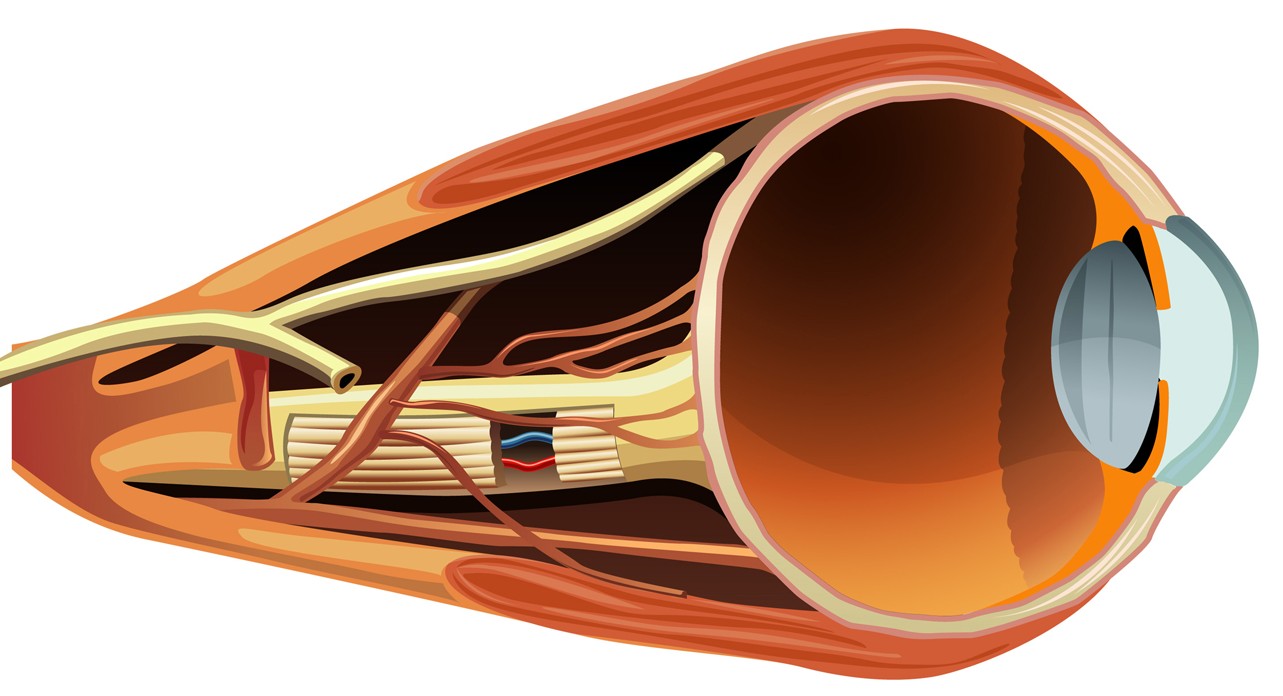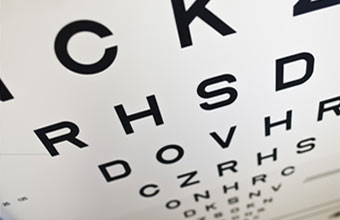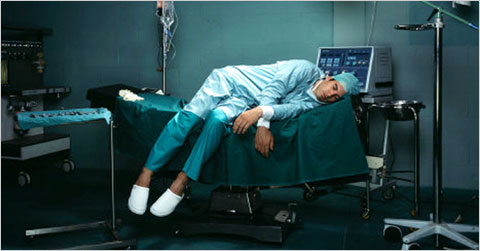
An Ophthalmology Resident’s Perspective: From an interview with an ophthalmology resident at Johns Hopkins University
Part of an interview series entitled, “Specialty Spotlights“, which asks medical students’ most burning questions to physicians of every specialty. See what doctors from every specialty had to say about why they chose their specialty and how to match in their residency.
- What attracted you to ophthalmology?
Ophthalmology is a high tech field. We use lights, lasers, and lenses. I like the microsurgery and there is a great balance of clinics and surgery. The surgeries that we perform are most often quite short.
- Describe a ophthalmologist’s typical work day?
On clinic days we usually work from 8am until 5-6pm. Surgery days usually start a bit early, around 7:30am, but they can be completed by 4:00pm. Most ophthalmologists have 1 to 2 days in the OR each week with the rest of the time spent in the clinic.
- What type of lifestyle can a ophthalmologist expect?
Ophtho is the BEST lifestyle for surgical field. Simply compare it to ENT, plastics, ortho, urology, etc. Depending on practice setting, likely there will be call (to cover trauma, open globes, acute angle, etc) but it is manageable.
- What is the potential salary of a ophthalmologist?
In metropolitan areas (if you can even find a job), you can expect to earn much less that in the suburbs or rural ares. You might expect mid to high 100s starting in general ophthalmology in an urban and desirable location. If you are willing to move to the middle of nowhere, you can expect much more than that, upwards 300-400K.
- What is the job market like for ophthalmology?
The market is saturated in most metropolitan areas. As I stated above, there is a need for the rural and some suburban areas.
- What are the potential downsides of ophthalmology that students should be aware of?
Ophthalmology is very focused on one body part, and can even be focused on one layer of tissue (cornea!). The other thing you have to be aware of is that the optometrists are constantly trying to take over everything that we do.
- What else would you tell medical students who are considering Ophthalmology?
If you are interested, schedule a rotation early. Also, you get to sit for surgeries!
Editor's Note: For more help choosing a specialty in medicine, I highly recommend one or both of these two great books. I found both very useful.








 My name is Andrew and I am a first year resident training to be an ophthalmologist. I created ShortWhiteCoats to provide medical students, residents, and the public with all the information I spent so many hours looking for during medical school.
My name is Andrew and I am a first year resident training to be an ophthalmologist. I created ShortWhiteCoats to provide medical students, residents, and the public with all the information I spent so many hours looking for during medical school.







